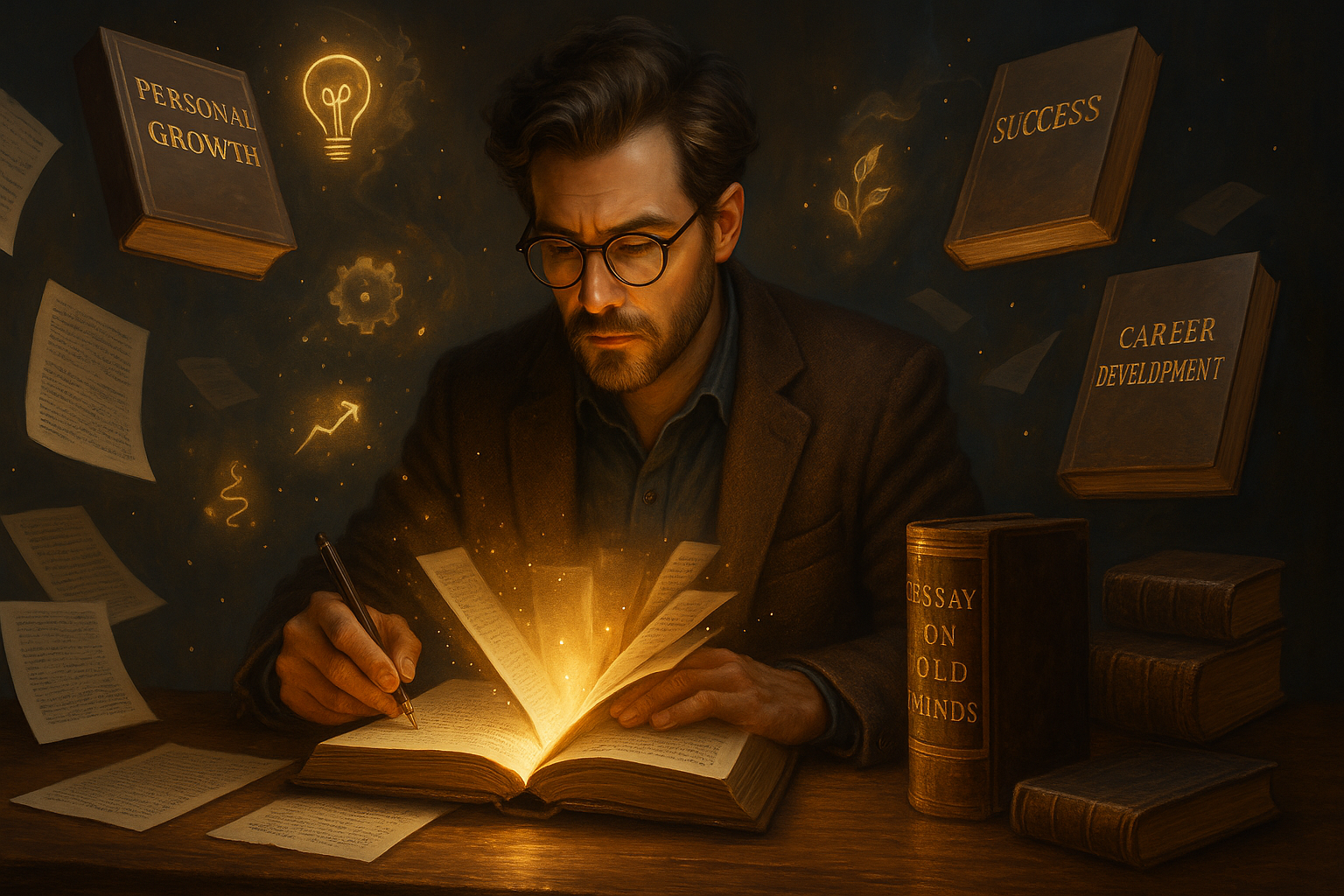Stories of outstanding leaders, who look back at their own lives and tell of how their success came because of the trials and setbacks they had in life, are not uncommon. They didn't see the value of the problems when they occurred but only after years of rethinking the events. The self-acceptance of their challenges followed years later.
Previously I wrote an article titled “As You Look at Your Own Life Story You See Yourself Differently,” which included background research from Julie Beck's Atlantic Magazine’s 2015 article titled “Life’s Stories.” The subtitle of her article states: “How you arrange the plot points of your life into narrative shapes who you are and is a fundamental part of being human.”
Beck quoted Monisha Pasupathi, a professor of developmental psychology at the University of Utah, saying: “To have relationships, we’ve all had to tell little pieces of our story.” This means we have to know our own story; as our perspective changes, we change, and the story changes.
If the essence of accepting yourself is to know your own life story, then the question is, what is the story? Author Bill George suggests building a timeline of your life that includes the highs and lows, reflecting on it daily. A summary of your life brings you to where you are today, and a timeline points out when things happened of significant influence, representing forks in the road. The more recent events in the story often help you see the prior ones differently.
Our narrative and perspective are choices, and how we look at the events and people in our lives changes as those memories are filtered against other events and all of our memories. A lesson we learn from an event today can help us see what happened before differently. Connecting events and concluding is weaving together our life stories and defining who we are. Who we think we are is related to who we become.
A daily journal captures the events of our lives, and a summary of the journal offers some opportunities for conclusion. Reviewing a written life story yearly will show how we see our past changes because our perspective makes a great deal of difference in what we think our history was. Save your personal story, rewrite it as you see it differently, and save that too.
Think about your story each day and tell your story to your family and others, but listen to how you see things have changed and will change.


